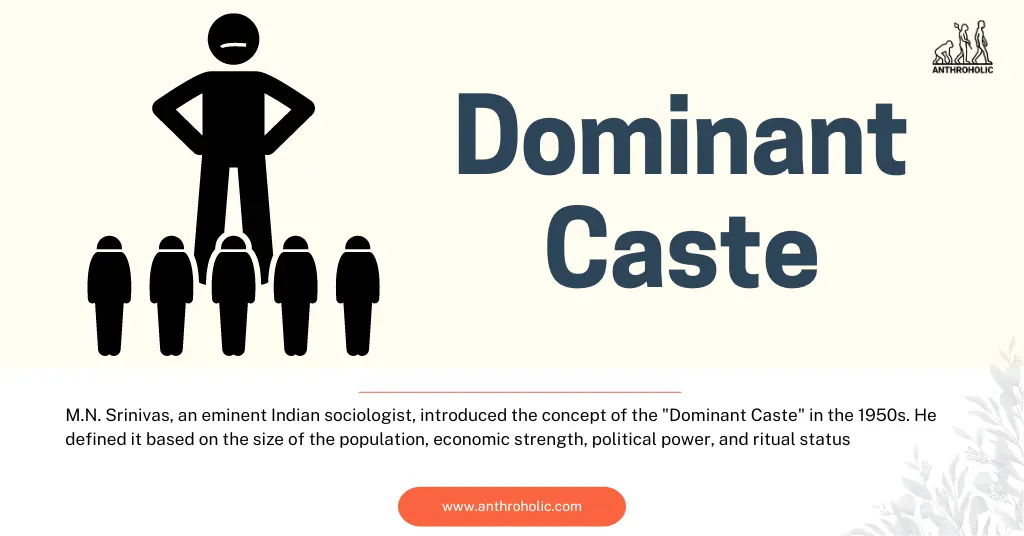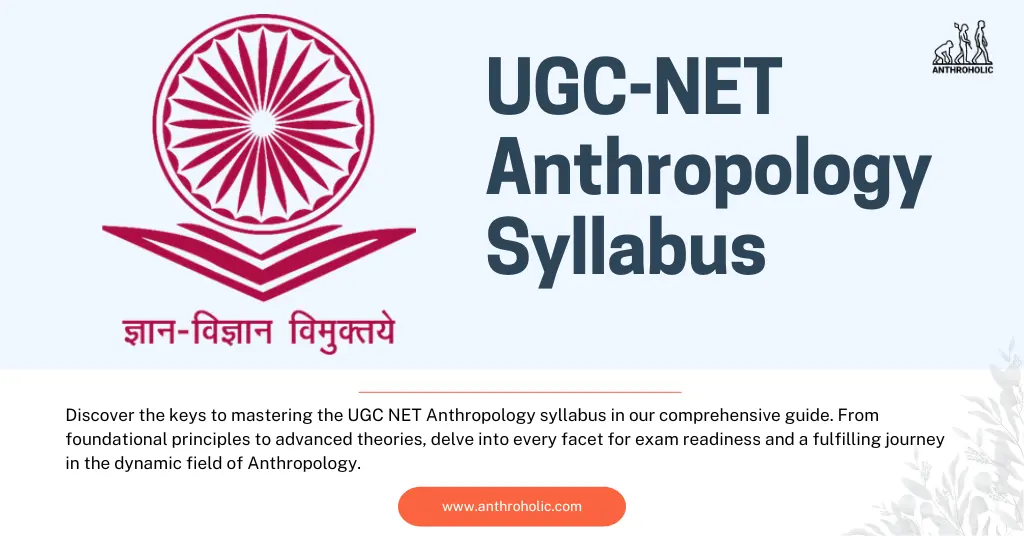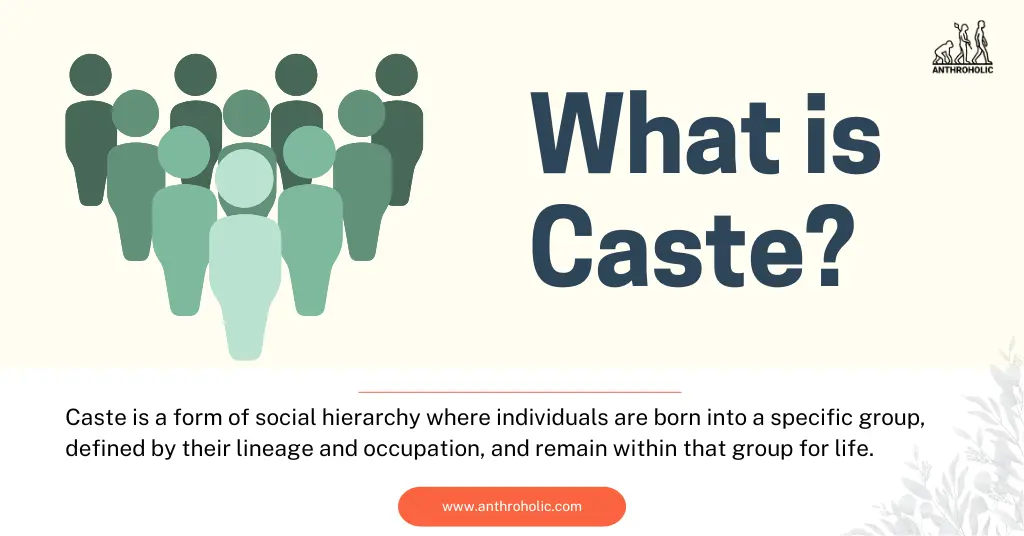AI Answer Evaluation Platform Live Now. Try Free Answer Evaluation Now

Scheduled Castes
The Scheduled Castes (SCs) of India are an integral part of the social fabric, encompassing a variety of marginalized groups and communities. The concept, criteria, and problems associated with Scheduled Castes are










